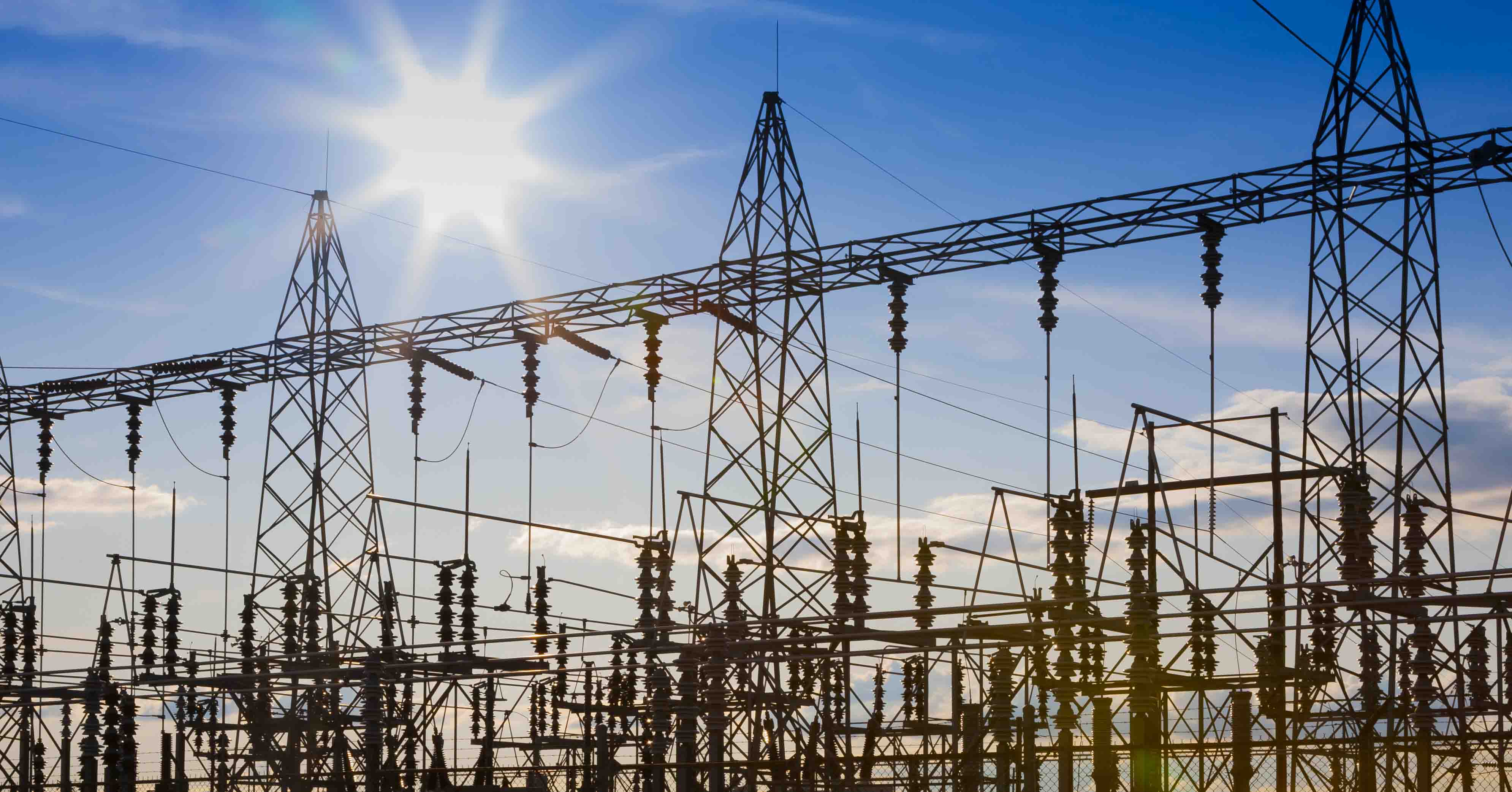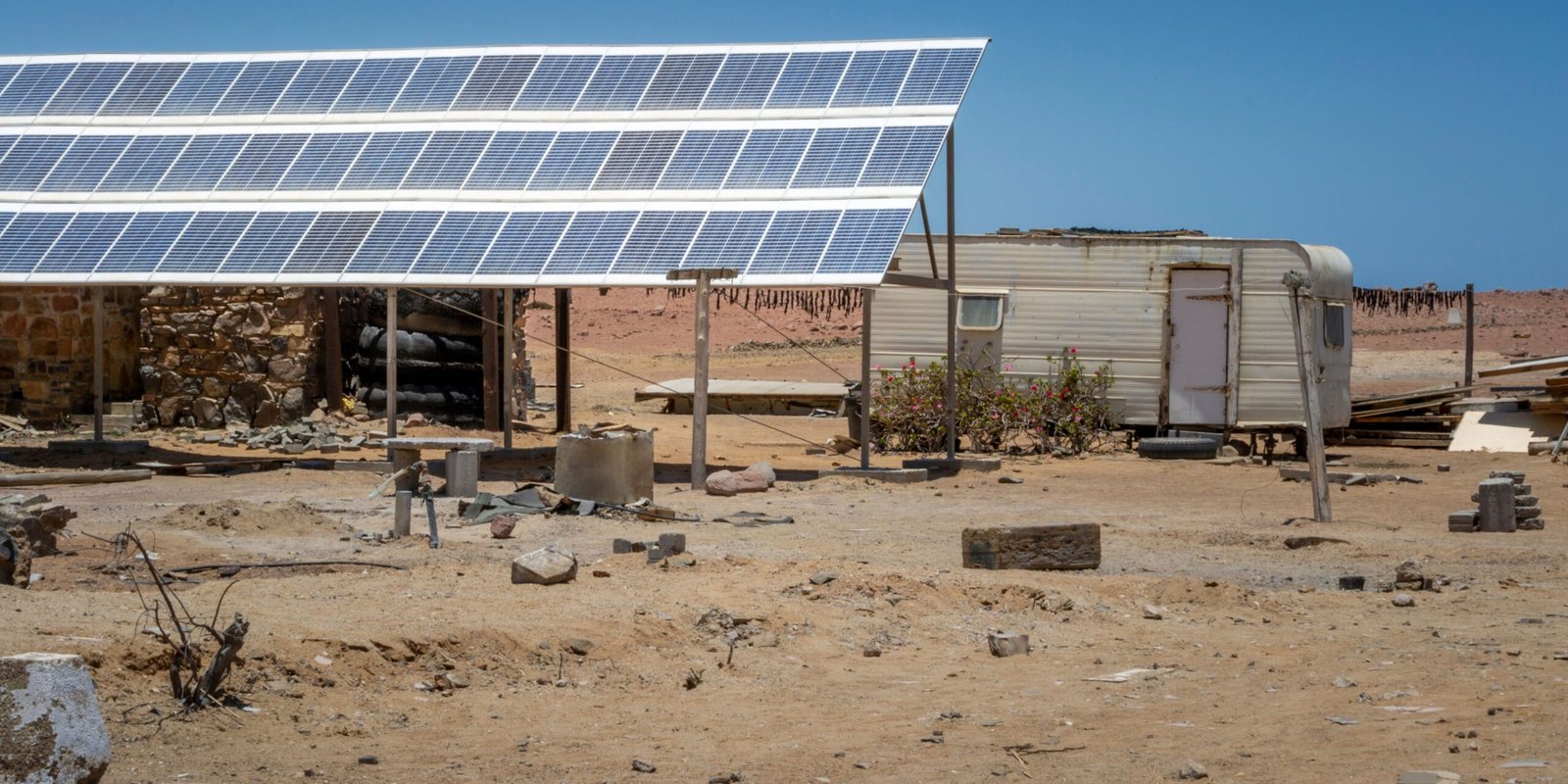Off grid living couple: Imagine a life unplugged, a retreat from the relentless hum of modern society. This isn’t just a whimsical fantasy; it’s a burgeoning lifestyle embraced by couples seeking self-sufficiency, connection with nature, and a deeper relationship with each other. From the meticulous planning of sustainable energy solutions to the daily joys and challenges of cultivating their own food, these couples forge a unique path, balancing the practicalities of off-grid living with the profound emotional rewards of a life lived intentionally.
This exploration delves into the heart of off-grid living for couples, examining the practical, financial, social, and emotional aspects of this transformative lifestyle. We’ll uncover the diverse motivations behind this choice, the essential resources needed to thrive, the potential challenges and solutions, and the unique bonds forged in the face of shared responsibilities. We’ll even showcase a fictional couple’s journey, offering a glimpse into the daily realities and triumphs of this increasingly popular movement.
Practical Aspects of Off-Grid Living for Couples
Embarking on an off-grid journey as a couple requires meticulous planning and a shared commitment to self-sufficiency. Success hinges on understanding the practicalities of resource management, task division, and conflict resolution. This section delves into the essential aspects of building a thriving off-grid life together.
Essential Resources and Infrastructure, Off grid living couple
Securing essential resources is paramount for off-grid survival. Water, energy, and food are the cornerstones of any self-sufficient lifestyle. Reliable water sources, whether from a well, spring, or rainwater harvesting system, are crucial. A robust water filtration or purification system is non-negotiable to ensure potable water. Energy independence often relies on renewable sources like solar panels, wind turbines, or hydroelectric generators, supplemented by backup systems like propane or batteries.
Food production can involve gardening, raising livestock, or a combination of both, requiring land suitable for cultivation and the necessary skills and equipment. Preservation techniques, like canning and freezing, are vital for extending the food supply. Proper storage solutions for all resources are also crucial to minimize spoilage and waste.
Sample Daily Routine for an Off-Grid Couple
A well-structured daily routine is key to maintaining efficiency and balance in off-grid living. A sample routine might include: morning chores (collecting water, feeding animals), followed by gardening or other food production tasks. The afternoon could focus on energy generation maintenance (cleaning solar panels, checking wind turbine operation) and household tasks. Evenings might involve food preparation, preservation, and repair or maintenance work.
Flexibility is essential, as unforeseen tasks and weather conditions will inevitably require adjustments. A shared calendar or whiteboard can help visualize tasks and responsibilities. Regular communication and a willingness to adapt are crucial. For example, one partner might specialize in gardening while the other manages the energy systems, allowing for a division of labor based on skills and preferences.
Common Challenges and Strategies for Overcoming Them
Off-grid living presents unique challenges for couples. Isolation can strain relationships, requiring proactive efforts to maintain social connections through visits, online communication, or community involvement. The physical demands of the lifestyle can lead to exhaustion and burnout, necessitating careful task management and prioritizing rest. Financial constraints, especially in the initial setup phase, can create stress. Open communication, shared decision-making, and mutual support are crucial for navigating these challenges.
Regular “check-in” sessions to discuss concerns and frustrations can prevent small issues from escalating into larger conflicts. Seeking support from other off-grid communities or experienced individuals can also provide valuable insights and practical advice. For example, a couple might face a particularly challenging winter with limited sunlight, requiring them to rely heavily on stored resources and adjust their daily routine to conserve energy.
Potential Conflicts and Solutions
Shared responsibilities can lead to conflicts if not managed effectively. Unequal division of labor, differing opinions on resource allocation, and personality clashes can all strain the relationship. Preemptive discussion of roles and responsibilities, establishing clear expectations, and regular communication are essential. Conflict resolution strategies should be agreed upon beforehand, emphasizing compromise and mutual respect. For example, if one partner feels overwhelmed by the workload, a frank discussion might lead to re-evaluating task assignments or seeking external help.
Alternatively, disagreements over resource usage (water, energy) can be mitigated through a shared budget and transparent tracking of consumption.
Comparison of Off-Grid Energy Solutions
| Energy Source | Pros | Cons | Suitability for Couples |
|---|---|---|---|
| Solar | Abundant sunlight in many areas, relatively low maintenance, decreasing costs | Intermittent energy source (dependent on weather), requires significant upfront investment, space requirements | Excellent, particularly with battery storage for consistent power |
| Wind | Reliable in windy areas, minimal maintenance once installed | Requires significant wind resources, high initial investment, noise pollution | Suitable if wind resources are ample, but requires careful consideration of noise and visual impact |
| Hydro | Consistent energy generation, minimal environmental impact (compared to fossil fuels) | Requires a reliable water source, significant initial investment, potential environmental concerns (habitat disruption) | Highly suitable if a suitable water source is available, but requires careful planning and permitting |
Social and Emotional Aspects: Off Grid Living Couple

Embarking on an off-grid journey as a couple presents a unique blend of challenges and rewards, profoundly impacting the social and emotional fabric of your relationship. The shift from a society-centric life to a self-sufficient existence necessitates a profound adaptation, impacting how you connect with others and navigate the complexities of shared living. Successfully navigating these changes requires proactive strategies, strong communication, and a deep understanding of the emotional landscape this lifestyle presents.
Social Isolation and Maintaining Connections
The reduced interaction with external social circles is a significant aspect of off-grid living. This isolation, while offering peace and quiet for some, can be a considerable source of stress for others. Maintaining social connections becomes crucial for mental well-being and preventing feelings of loneliness. Strategies include leveraging technology, such as video calls and online communities dedicated to off-grid living, to stay in touch with family and friends.
Regular visits, even if infrequent, are vital. Participating in local community events, when feasible, provides valuable opportunities for interaction and fosters a sense of belonging. Building relationships with neighboring off-grid communities or homesteaders can also create a supportive network and combat feelings of isolation. For example, a couple might establish a regular barter system with nearby homesteaders, exchanging goods and services while fostering friendly relationships.
Teamwork and Communication in Off-Grid Partnerships
Successful off-grid living hinges on exceptional teamwork and open communication. The demands of self-sufficiency necessitate a high degree of collaboration in all aspects of daily life – from managing household chores and resource allocation to tackling unforeseen repairs and emergencies. Effective communication ensures that tasks are divided fairly, disagreements are resolved constructively, and each partner feels valued and heard.
Establishing clear roles and responsibilities, while remaining flexible and adaptable, is crucial. Regular check-ins and discussions about shared goals and concerns are vital for maintaining a strong partnership. For instance, a couple might dedicate a specific time each week for a joint planning session, discussing upcoming projects, challenges, and celebrating successes. This proactive approach prevents misunderstandings and fosters a shared sense of purpose.
Emotional Rewards and Challenges
Off-grid living offers profound emotional rewards, including a deep sense of accomplishment, connection with nature, and a slower pace of life that allows for greater self-reflection and intimacy. The shared experience of overcoming challenges together can strengthen bonds and foster a sense of resilience. However, the lifestyle also presents unique emotional challenges. The constant pressure of self-reliance, coupled with potential isolation and the physical demands of the work, can lead to stress, anxiety, and conflict.
Financial uncertainties and the constant need for problem-solving can also strain a relationship. For example, a sudden equipment failure could create significant stress, testing the couple’s ability to work together calmly and effectively under pressure. Openly acknowledging these challenges and actively working to mitigate them through effective communication and support is crucial for maintaining a healthy relationship.
Strengthening or Weakening Relationships
Off-grid living can either significantly strengthen or weaken a relationship, depending on the couple’s preparedness, communication skills, and shared values. Couples who enter this lifestyle with a strong foundation of mutual respect, open communication, and shared goals are more likely to thrive. The shared challenges and triumphs can forge a deeper bond and enhance their resilience. Conversely, couples who lack these qualities may find the pressures of off-grid living exacerbate existing problems, leading to conflict and ultimately, relationship breakdown.
For example, a couple with pre-existing communication issues might find their differences amplified under the stress of managing a homestead, potentially leading to resentment and conflict. Conversely, a couple with strong communication and problem-solving skills might find that overcoming the challenges of off-grid living strengthens their bond and creates a deeper sense of partnership.
Embarking on an off-grid journey as a couple is a testament to shared dreams and unwavering commitment. It’s a path less traveled, one demanding resilience, resourcefulness, and a deep connection between partners. While challenges undoubtedly exist, the rewards – self-sufficiency, environmental consciousness, and an unparalleled intimacy forged in the crucible of shared experience – offer a compelling vision for a more fulfilling life.
The off-grid living couple, in their pursuit of a simpler existence, ultimately reveals a profound truth: true wealth lies not in material possessions, but in the strength of human connection and the harmony found within oneself and the natural world.
Obtain a comprehensive document about the application of off grid living expenses that is effective.


